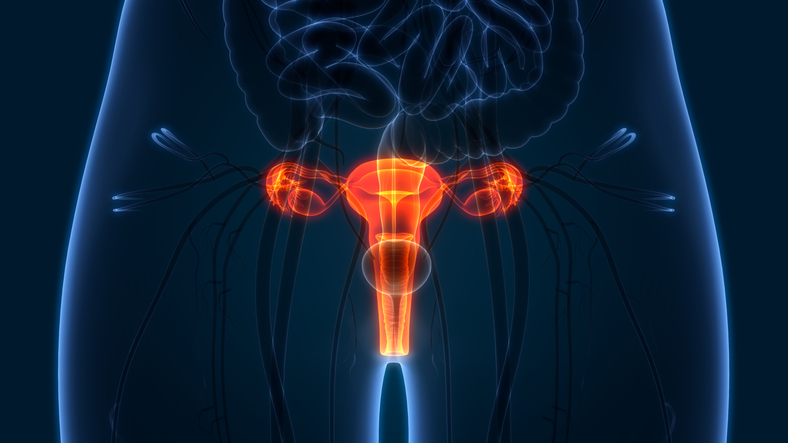
A study which appeared in BMJ Open suggests smoking is strongly associated with the lower use of cancer screening by women.
Researchers recruited 89,058 postmenopausal women who were taking part in the Women’s Health Initiative Observational Cohort (WHI-OS) study. Among the population of interest, more than half (53%) had never smoked; 41% were ex-smokers; and 6% were active smokers, while nearly half (49.5%) had stopped smoking by the time of the last data collection. Subsequently, the researchers tracked the subject’s health and use of cancer screening services over an average of almost nine years, during which time 7,054 cases of breast cancer, 1,600 cases of bowel cancer, and 61 cases of cervical cancer were diagnosed.
The results revealed that former smokers were more likely than non-smokers to regularly undergo cancer screening, while current smokers were notably less likely to do so. Also, compared with women who had never smoked, current smokers were 45% less likely to get screened for breast cancer, 47% less likely to get screened for cervical cancer, and 29% less likely to get screened for bowel cancer. “Concern for personal health is the most common reason given for smoking cessation among former smokers and may explain why this health-conscious population seeks cancer screening more frequently than never smokers,” suggest the researchers, per a press release. “On the contrary, smokers are overly optimistic about their health and consistently underestimate the magnitude of their cancer risk,” they added.
Smoking strongly linked to women's lower take up of #cancer #screening services @BMJ_Open https://t.co/EfbwpTrizb
— Medical Xpress (@medical_xpress) August 13, 2020
Moreover, among smokers the researchers observed the more cigarettes smoked daily, the less likely these women were to use cancer screening services. “Active smoking is associated with decreased use of breast, colorectal, and cervical cancer screening services in a dose dependent manner,” the researchers wrote. They added that “while cancer screening is important for avoiding late-stage presentation in patients of all smoking statuses, active smokers without appropriate screening have significantly higher odds of being diagnosed with advanced breast or colorectal cancer.”
According to the researchers, doctors should emphasize to patients the importance not only of giving up smoking, but also of making use of cancer screening services in this high-risk population.
Smoking strongly linked to women's lower take up of cancer screening services https://t.co/VrInrAd5EX
— Cancer News Network (@cancer_network) August 13, 2020
Smoking strongly linked to women’s lower take up of cancer screening services https://t.co/vAj48p7OhQ
— Haleplushearty.org (@haleplushearty) August 14, 2020






 © 2025 Mashup Media, LLC, a Formedics Property. All Rights Reserved.
© 2025 Mashup Media, LLC, a Formedics Property. All Rights Reserved.